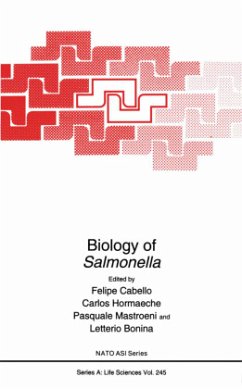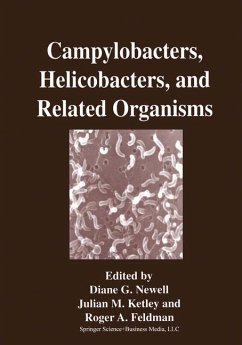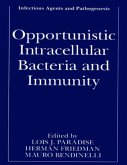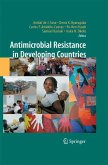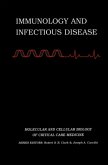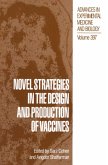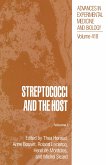Salmonella infections of man and animals continue to be a distressing health problem worldwide. Far from disappearing, the incidence of typhoid fever in developing countries may be far higher than we had imagined. Salmonella food poisoning has increased to one of the major causes of gastroenteritis in the developed world, in itself also an indication that animal salmonellosis is still a major cause for concern. The situation requires a concerted multidisciplinary research effort in order to generate the new information and technology needed to assist in the control of these diseases. This concept was the driving force behind the NATO Advanced Research Workshop on "Biology of Salmonella" held at Portorosa, Messina, Italy, May 11-15, 1992. With additional support from the University of Messina, Medeva Group Research (UK) and the Swiss Serum and Vaccine Research Institute, the meeting brought together epidemiologists, microbiologists, molecular biologists, immunologists and clinicians. All the participants were actively working on different but related aspects of Salmonella and salmonellosis, with most of the leading laboratories worldwide being represented. The workshop provided an excellent opportunity for interdisciplinary consultation; it is not often that the topic of Salmonella and salmonellosis is covered to such breadth and depth in one extended meeting. Keynote addresses by invited speakers were interspersed with offered papers, many by younger members of the scientific community, and this volume presents the collated manuscripts of the lectures and extended summaries of the offered papers.
Hinweis: Dieser Artikel kann nur an eine deutsche Lieferadresse ausgeliefert werden.
Hinweis: Dieser Artikel kann nur an eine deutsche Lieferadresse ausgeliefert werden.

